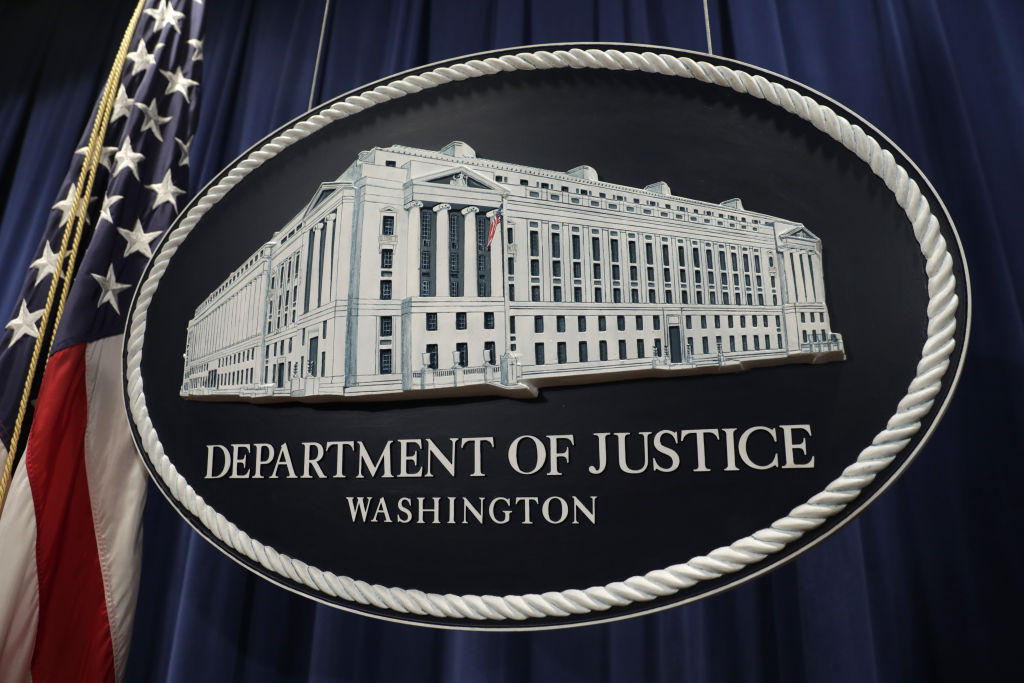The motion seeks to stay the asset-sale plan until the appeal motion is handled in court and authorities iron out legal issues with Voyager.
The United States Department of Justice (DOJ) has filed a memorandum of support to have the $1 billion asset-sale deal between bankrupt crypto broker Voyager Digital and Binance.US put on hold until an appeal motion is handled.
U.S. attorney for the Southern District of New York Damian Williams and U.S. trustee William K. Harrington, alongside other officials, filed the joint motion on Tuesday in the U.S. Bankruptcy Court for the Southern District of New York.
DOJ Requests Stay of Voyager-Binance Deal
Recall that the DOJ recently filed an appeal to review New York Judge Michael Wiles’ decision to approve the asset-sale plan. It came barely 24 hours after the judge had ruled in favor of the deal.
As reported last week, Judge Wiles approved Voyager’s proposed plan to sell its assets to Binance.US in a $1 billion deal, despite several oppositions from the U.S. Securities and Exchange Commission (SEC). The SEC argued that the transaction could involve the sale of unregistered securities and disclosed that Voyager was being investigated for violating anti-fraud federal securities laws.
In the appeal, the DOJ disclosed its concerns about the execution of the plan absolving Voyager and its staff from the effects of tax breaches and securities law. Williams and Harrington have now supported the appeal motion, requesting that the sale be halted while authorities handle key legal issues.
“This Motion seeks (1) a partial stay pending appeal1 of the Exculpation Provision…of the March 8, 2023, Confirmation Order confirming Third Amended Joint Chapter 11 Plan of Voyager Digital Holdings,… if necessary, a stay of the entire Confirmation Order, and (2) in the alternative, if the Court denies the stay pending appeal, a two-week stay for the Government to pursue a stay in the District Court,” the filing stated.
DOJ Likely to Succeed in Appeal: Williams
Furthermore, Williams said that the DOJ would likely succeed in the appeal motion as the U.S. congress did not authorize the court to handle conduct within the government’s regulatory powers.
The attorney argued that the bankruptcy code provided no basis for the court to immunize bankrupt entities from law enforcement and other actions undertaken by the government.

:format(webp)/cloudfront-us-east-1.images.arcpublishing.com/coindesk/W3R54NYJCNDPZJYRR56ZGFFBWY.jpg)
No comments:
Post a Comment